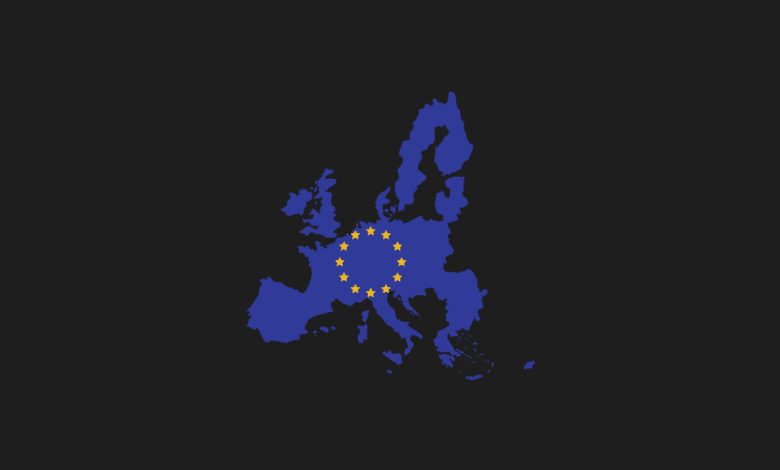Issues with EU’s Artificial Intelligence Law: A Critical Analysis

The European Union has been actively working to establish comprehensive regulations on artificial intelligence, facing challenges in finalizing the details of such legislation. The task of crafting AI-related laws is proving to be more intricate than it might appear to those outside the legislative process.
Recent updates indicate that European lawmakers have not yet reached an agreement on the specifics of the EU’s Artificial Intelligence Act. The likelihood of achieving a consensus by December is diminishing, highlighting the complexities and contentious issues involved in regulating the rapidly evolving field of AI.
EU’s artificial intelligence law may be delayed next year

Spain, currently holding the presidency of the EU, is pushing for regular vulnerability assessments and the creation of a tiered regulatory framework that varies according to the user base of each AI model.
So far, three tripartite negotiations on the Artificial Intelligence Act have been conducted among the European Parliament, the Council of the European Union, and the European Commission, with a fourth meeting anticipated shortly.
In the event that a consensus is not reached this month, an additional session is planned for December. This delay threatens to postpone the finalization of the law into the next year, despite the European legislators’ goal to pass the Artificial Intelligence Act by the end of this year.
The current draft of the EU Artificial Intelligence Law recommends that primary model developers perform risk assessments, continuously test models before and after deployment, examine biases in training datasets, validate such data, and publish technical documentation before launch.
The complexity of creating a comprehensive framework is compounded for legislators without an extensive understanding of artificial intelligence and its potential impacts. The EU’s Artificial Intelligence Act is being watched closely by several international entities, including the United States, as a potential model for their own legislation.
While the EU is a frontrunner in discussing and proposing potential AI regulations, other global powers like China have already implemented specific laws governing AI, positioning them ahead in the regulatory landscape.











